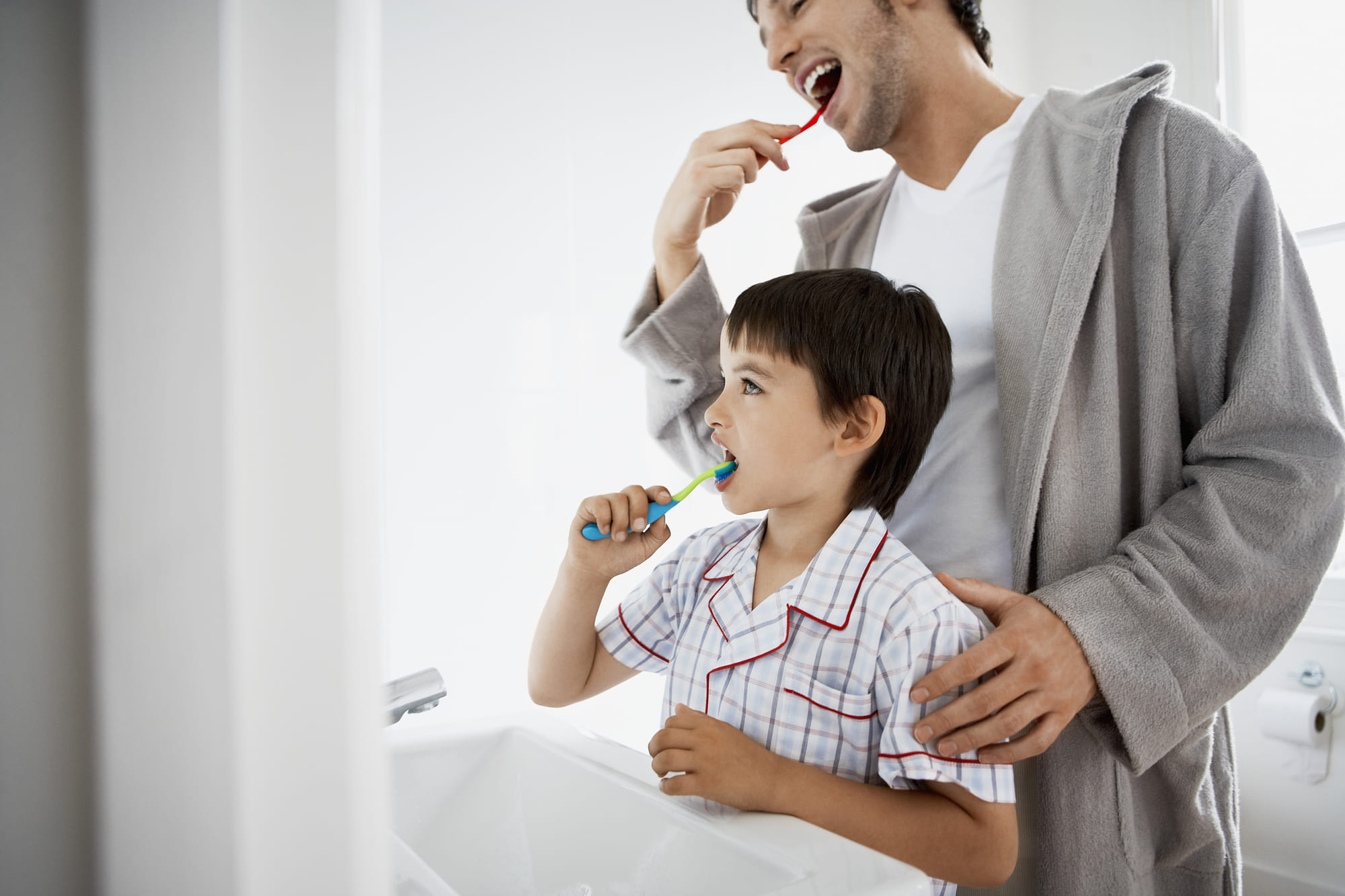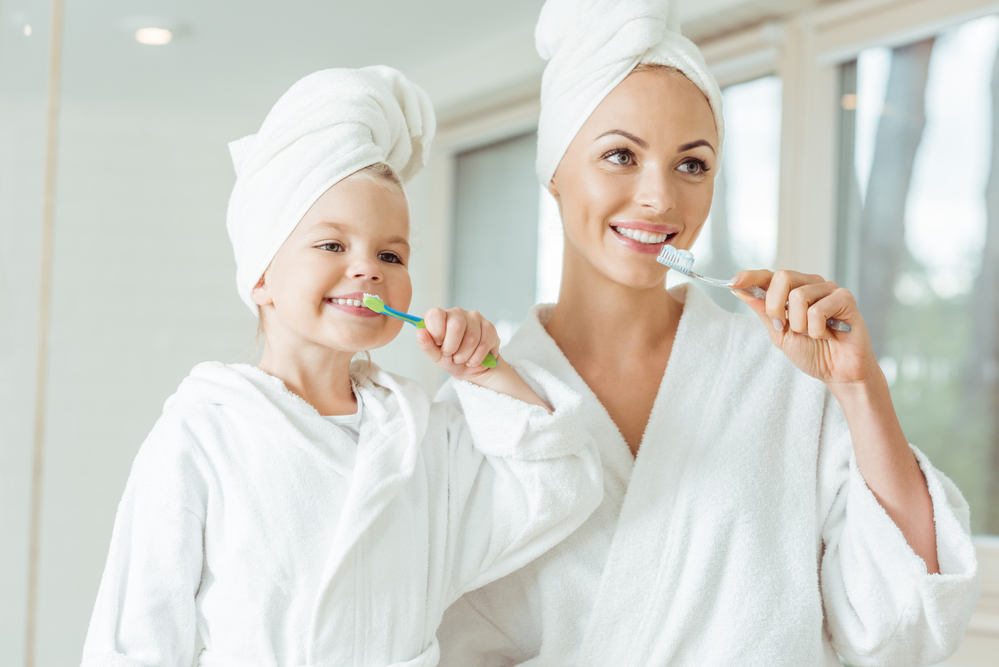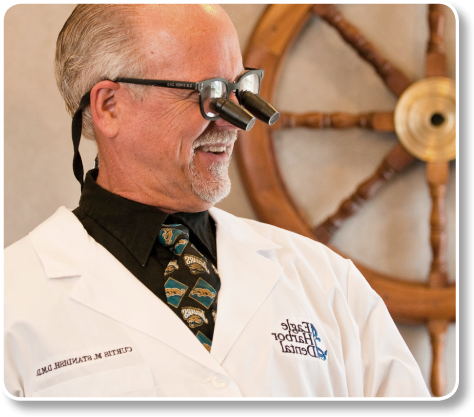How to Teach Children to Brush Their Teeth

Having good brushing habits can help you retain healthy teeth throughout your life. It’s important to start those good habits early. No one automatically knows the right techniques for brushing their teeth. It’s vital that parents teach their children to do it the right way from an early age so that they can develop and maintain good brushing habits into adulthood.
Why Is It Important to Brush Baby Teeth Well?
You might not think it was that important to brush baby teeth that well. After all, they’re just going to fall out anyway and be replaced by adult teeth. However, it’s actually important to brush baby teeth just as well as adult teeth. This is because good oral health isn’t just about the teeth. You want to brush properly not just for the teeth but also for the gums.
Plus, cavities are expensive and painful to fill, whether they’re in a baby tooth or an adult tooth. On top of that, good oral health will ensure that the child’s adult teeth have a growth site that is well-cared-for.
How Do I Teach My Child How to Brush Their Teeth?
Teaching your child to properly brush their teeth is an ongoing process. You may need to change your methods as your child gets older to make sure they’re still brushing properly. The first step, though, is to make sure that your child understands the reason for good brushing techniques.
Talk to Your Child
It’s important to explain to your child why it’s so important that they have good oral hygiene. They need to know that brushing your teeth gets rid of germs in your mouth just like when you wash your hands. It can help your child get into the habit of brushing their teeth and not complaining about it if they know why it’s so important.
Put Your Child in Charge
One reason your child may push back against having to brush their teeth is not having any feeling of control. If they think it’s just a parent telling them “I told you so” then they may be less likely to brush their teeth willingly or well. If the child is put in charge of their own oral hygiene, it gives them control over the situation. Your child may rise to the occasion and take ownership of their brushing habits. This means giving your child some choices. While brushing their teeth isn’t optional, whether it’s before or after breakfast can be.
Cater to Your Child’s Wants
If your child insists on brushing their teeth with bubble-gum flavored toothpaste, buying them mint instead may only make them resist brushing their teeth. If they want a Mickey Mouse toothbrush, then that may help them want to brush their teeth. Making the tooth-brushing process as fun as possible will help ensure your child brushes willingly.
Take Turns Brushing Their Teeth
If your child is very young, they may not have the fine motor skills necessary to brush their teeth well. However, they still need to learn how to do it. You can start by letting your child brush their teeth first so they can be in the habit of brushing twice a day. Then, when they’re done, you can take over brushing their teeth to make sure their teeth are brushed well.
Encourage Your Child to Play Pretend
There are toys that your child can play with that encourage brushing teeth. If your child likes dolls, then they can use a toy toothbrush to pretend to brush a doll’s teeth. Your child can role-play as a dentist and explain to their toys what you explained to them about good oral health and why brushing your teeth is so important.
Conduct a Cavity Science Experiment
A visual representation of what happens to your teeth if you don’t brush them well enough can help it sink in just how important proper brushing is. There are science experiments for children that can show them what happens when cavities eat away at teeth.
How Do I Teach My Child How to Floss?
Flossing is just as important a part of proper oral hygiene as brushing. Many of the same techniques used to teach a child to brush properly can also be applied to flossing. You can make flossing once a day a habit just like brushing teeth. You’ll also need to explain to your child why flossing is just as important as brushing. It might be easier for a child to use a flosser with a handle instead of a long string of floss.
For informational purposes only.











